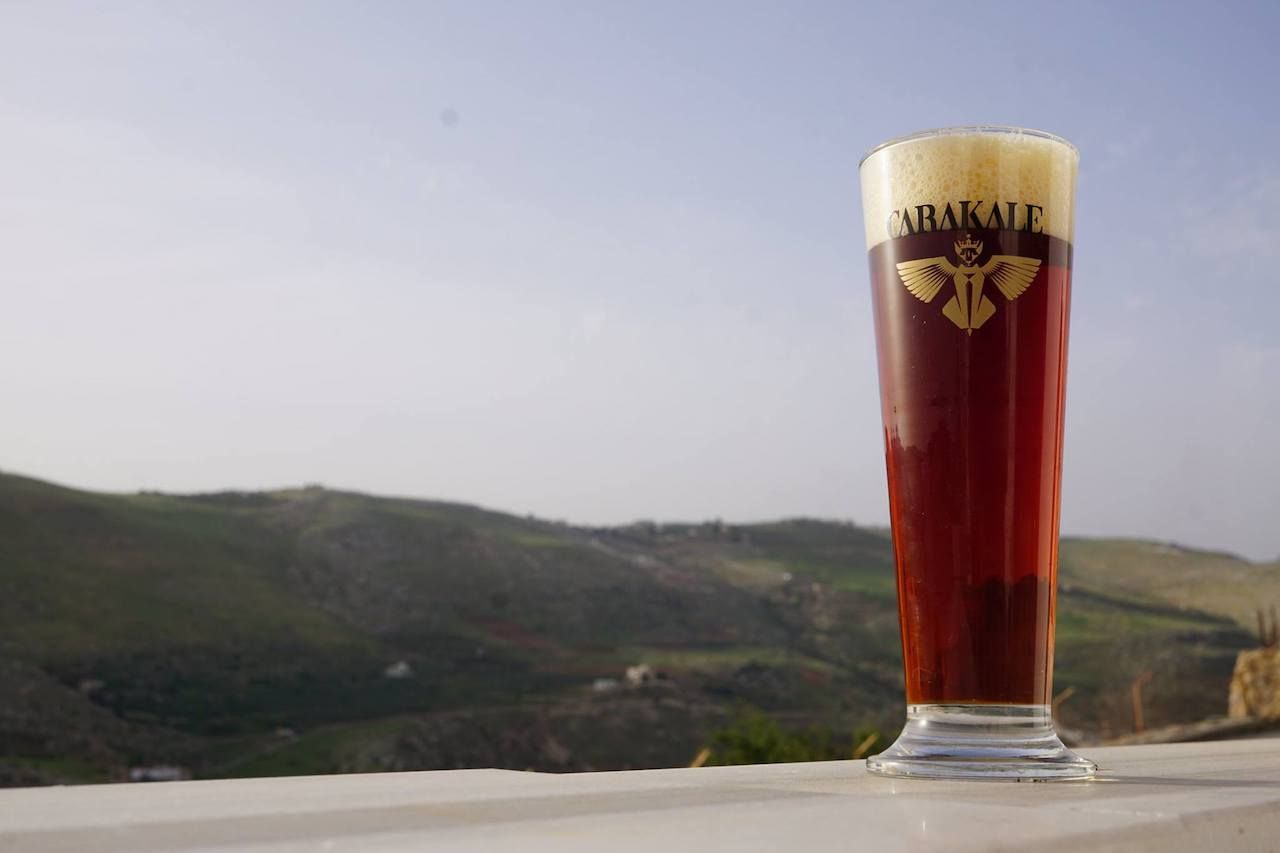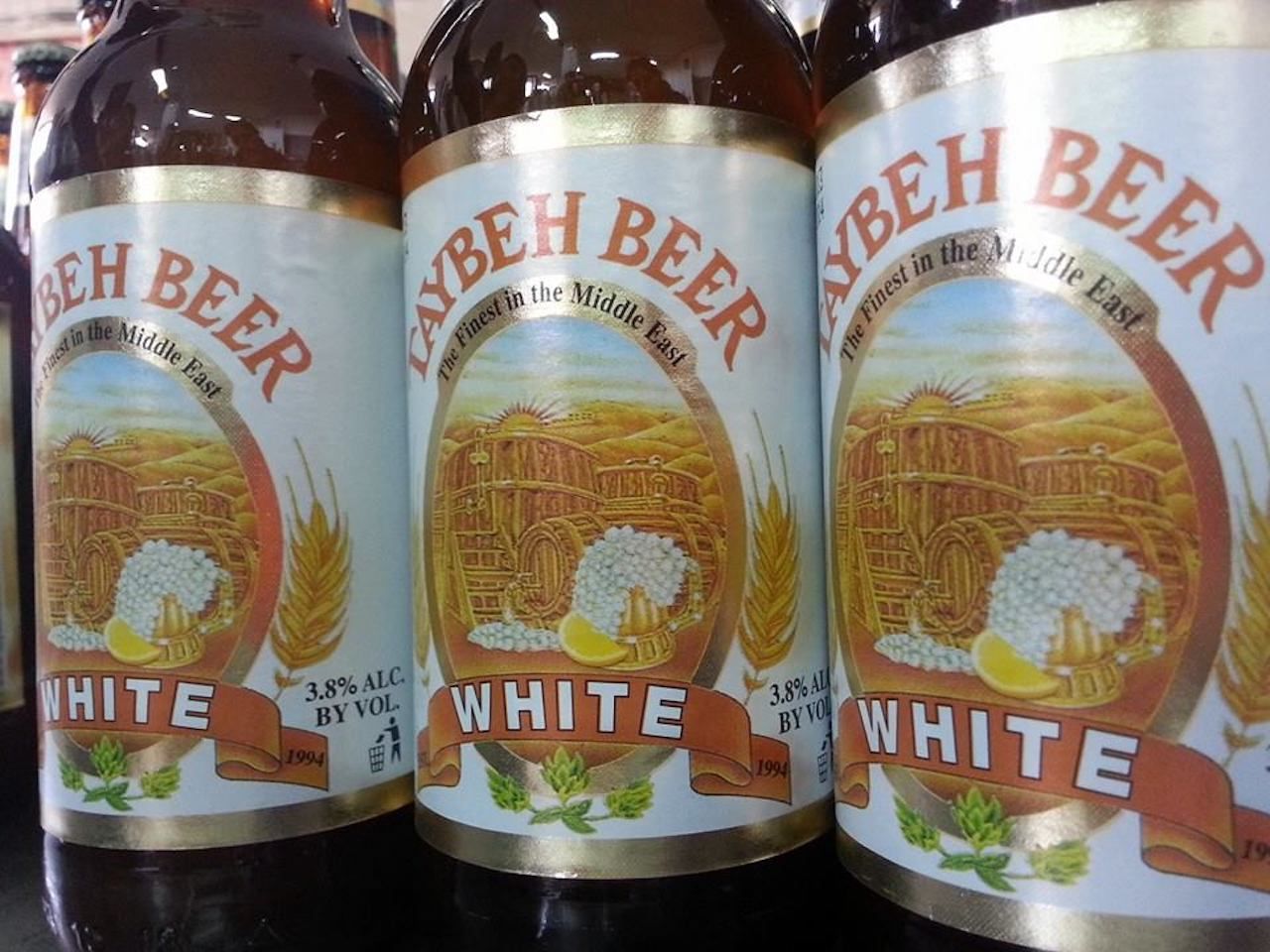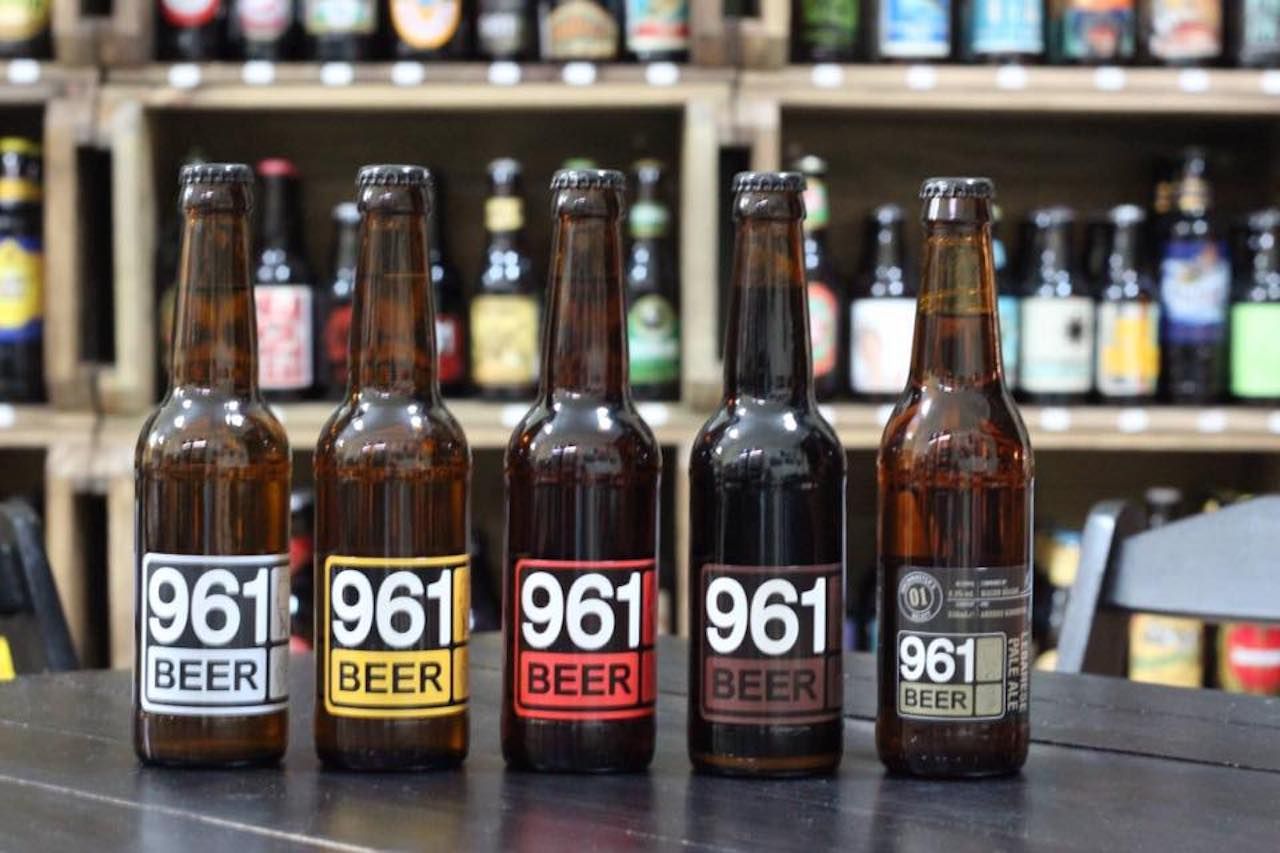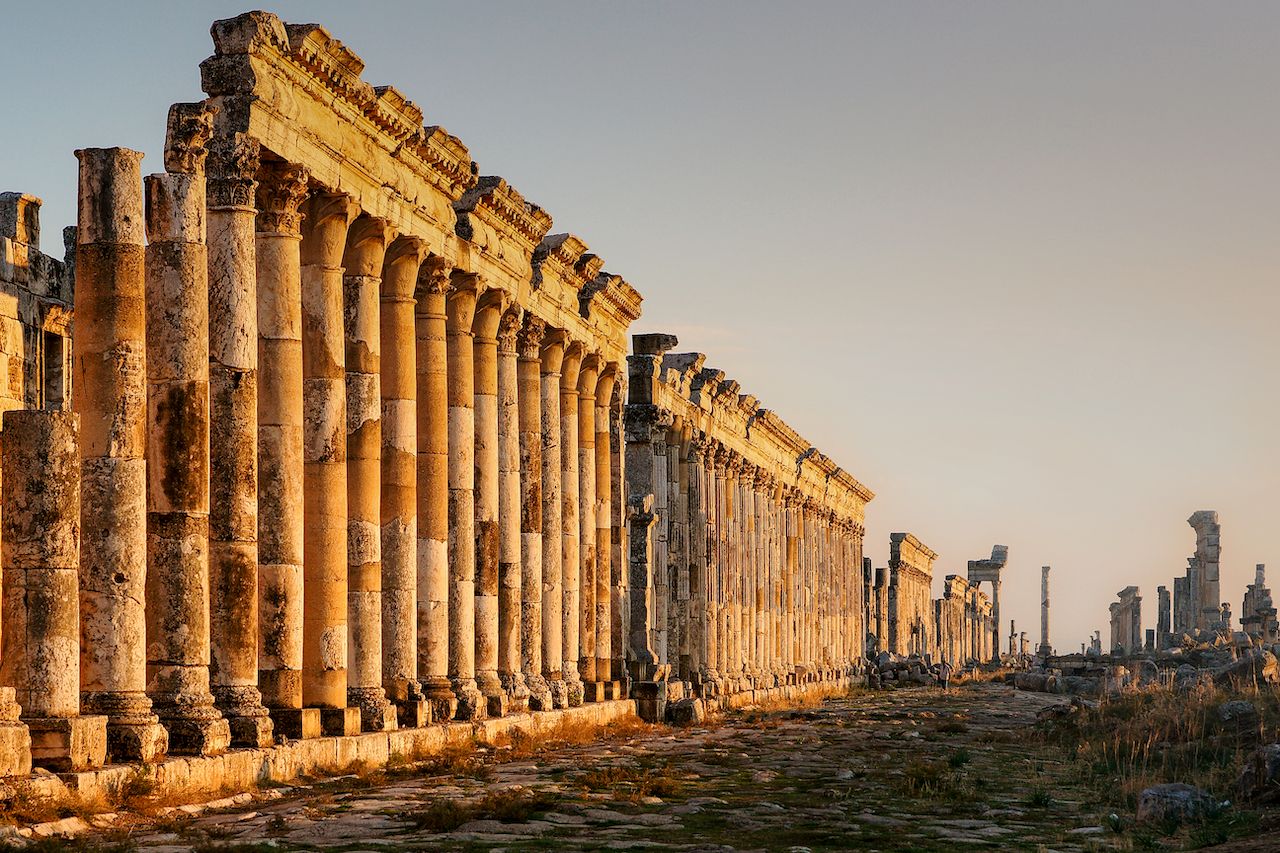The Middle East is almost never the first region people think of when they hear the word “beer,” but that might be changing as craft breweries find an increasing market among locals and foreigners alike. In a way, it’s a long overdue homecoming for the beloved beverage.
Ironically, it wasn’t in my hometown of Cincinnati that I learned to appreciate beer, even though it’s home to dozens of breweries and one of America’s largest Oktoberfest celebrations. Rather, it was during my time in the Middle East that I first developed a taste for it — a revelation that shocks almost everyone who hears it.




